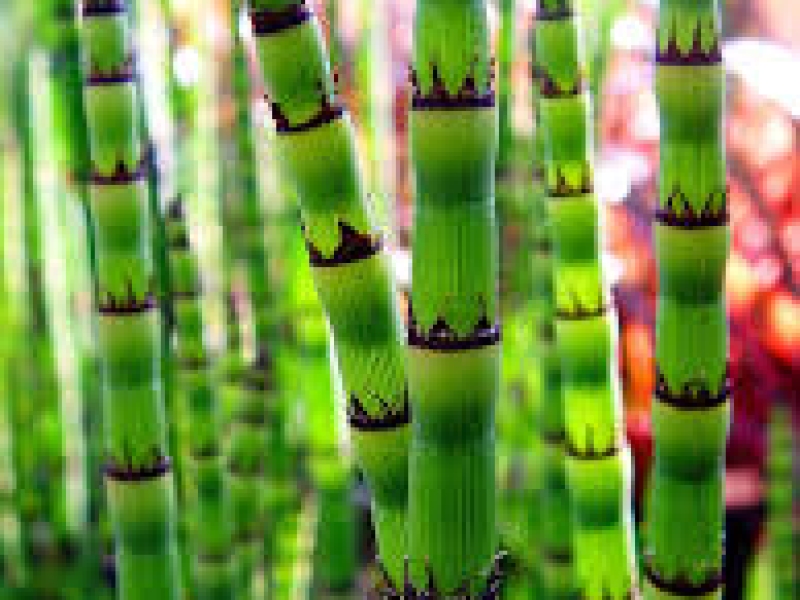

Original perennial aquatic plant with an herbaceous and particularly invasive consistency, belonging to the Equisetaceae family, widespread in the wild, not only in Europe, especially the northern one, but also in areas with a temperate climate of North America and Asia. Equipped with a sturdy rhizome from which thin rough, hollow stems, with a diameter of around 1 cm, which can reach a height of 1 m in perfect erect development, rise in a dense way, close to each other. Very similar in appearance to bamboo canes, although very small in size. Between the end of spring and summer some fruits are surmounted by short oval-shaped yellow-brown spikes that contain the spores necessary for the spread of plants.
The staff of Vivai Capitanio has his own catalogue with all the plants in the store and that grows in our greenhouse. Use this button to download the latest version.
PAper catalogue is available only for professionals. Fill the form to receive it by post: